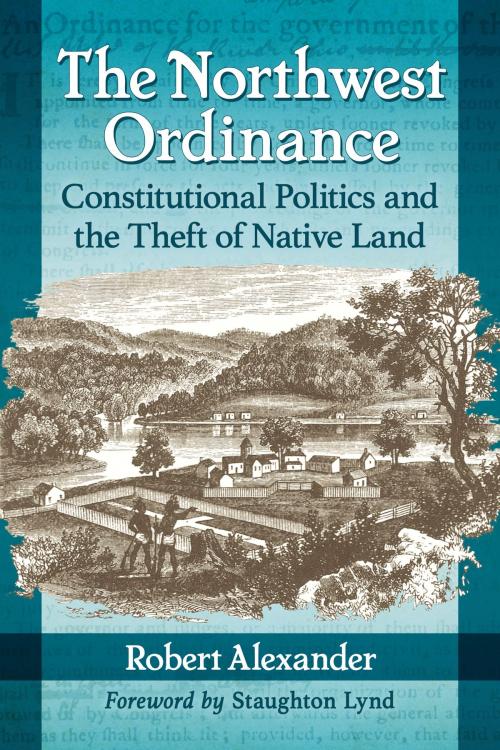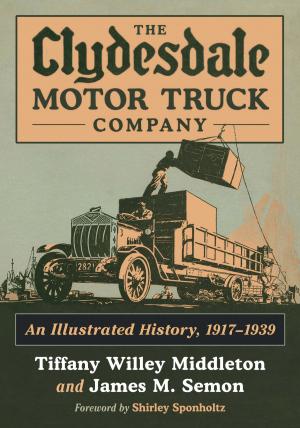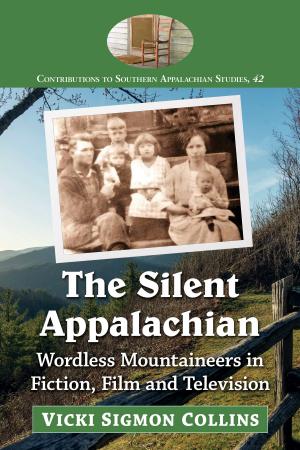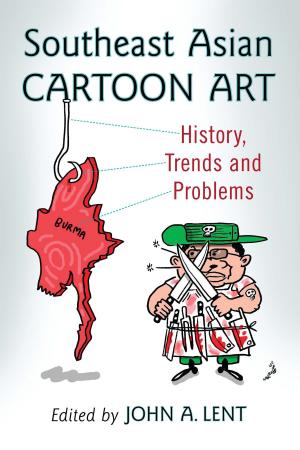The Northwest Ordinance
Constitutional Politics and the Theft of Native Land
Nonfiction, Social & Cultural Studies, Social Science, Cultural Studies, Native American Studies, History, Americas, United States| Author: | Robert Alexander | ISBN: | 9781476627618 |
| Publisher: | McFarland & Company, Inc., Publishers | Publication: | April 21, 2017 |
| Imprint: | Language: | English |
| Author: | Robert Alexander |
| ISBN: | 9781476627618 |
| Publisher: | McFarland & Company, Inc., Publishers |
| Publication: | April 21, 2017 |
| Imprint: | |
| Language: | English |
Passed by Congress in July 1787, the Northwest Ordinance laid out the basic form of government for all U.S. territory north of the Ohio River. That summer, the Constitutional Convention drafted the defining document of the American Republic as a whole. A bargain struck between Congress and the Convention outlawed slavery north of the Ohio, but gave Southern states a Congressional and Electoral College representation based on population figures that included slaves—each valued at three-fifths of a free white citizen. Because of this agreement, the western lands acquired from Great Britain after the Revolutionary War were divided into slave and free states—a compromise which, when it failed, precipitated the Civil War 74 years later. For years most historians denied that this political deal took place. Drawing on contemporary letters and documents, this detailed analysis re-examines the Ordinance and how Congress silently permitted the South’s “peculiar institution” to move westward.
Passed by Congress in July 1787, the Northwest Ordinance laid out the basic form of government for all U.S. territory north of the Ohio River. That summer, the Constitutional Convention drafted the defining document of the American Republic as a whole. A bargain struck between Congress and the Convention outlawed slavery north of the Ohio, but gave Southern states a Congressional and Electoral College representation based on population figures that included slaves—each valued at three-fifths of a free white citizen. Because of this agreement, the western lands acquired from Great Britain after the Revolutionary War were divided into slave and free states—a compromise which, when it failed, precipitated the Civil War 74 years later. For years most historians denied that this political deal took place. Drawing on contemporary letters and documents, this detailed analysis re-examines the Ordinance and how Congress silently permitted the South’s “peculiar institution” to move westward.















